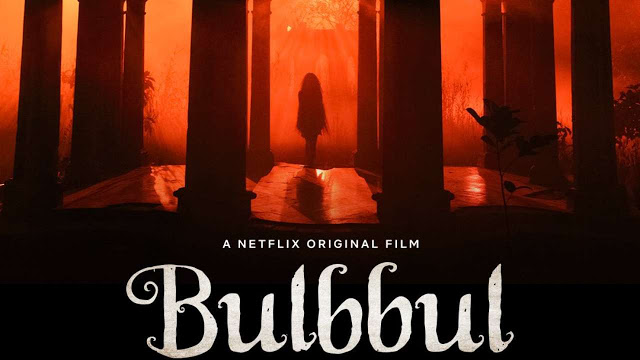Netflix’s Adolescence captures a significant cultural moment, tackling challenging themes that prompt viewers to engage in important discussions. Here are five equally noteworthy dramas that can deepen this discourse.
The 2025 Netflix mini-series Adolescence, created by Jack Thorne and Stephen Graham and directed by Philip Barantini, presents a stark depiction of youth, crime, and the emotional aftermath of growing up in a fractured society. At its center is 13-year-old Jamie Miller, portrayed by Owen Cooper, who finds himself arrested for the murder of his classmate, Katie Leonard. The series uniquely unfolds through four continuous takes, allowing audiences to experience Jamie’s psychological decline, his family’s suffering, and the overwhelming scrutiny of public perception.
Adolescence has garnered widespread acclaim for its intense performances, stunning cinematography, and gripping tension. If you were moved by its raw realism and emotional complexity, consider exploring these five compelling dramas that delve into the fragile landscapes of adolescence, morality, and trauma.
Invisible (2024)
This unsettling psychological drama follows a bullied teenager who believes he can vanish from existence. Much like Adolescence, Invisible explores the silent struggles of overlooked youth, addressing themes of isolation, mental health, and self-worth. With its slow-burn pacing, intimate character development, and subtle supernatural elements, this series serves as a modern allegory for feeling invisible in an overly connected world.
Unbelievable (2019)
Based on real events, Unbelievable tells the story of a teenage girl accused of fabricating her sexual assault, alongside the detectives striving to seek justice for her. While Adolescence focuses on personal guilt and societal judgment, Unbelievable exposes the systemic failures that can further traumatize victims. The series, anchored by quietly powerful performances, exemplifies empathy-driven storytelling.
Defending Jacob (2020)
What happens when a teenager is thrust into the harsh realities of crime and moral dilemmas? Defending Jacob examines this by following a privileged family’s turmoil following their son’s alleged involvement in a gruesome murder. The series expertly weaves psychological tension with courtroom drama, echoing Adolescence in its exploration of youthful innocence and the grim truths that challenge its existence. Impeccable performances and a haunting atmosphere compel viewers to confront uncomfortable realities about loyalty, guilt, and belief.
Mother (2010)
This acclaimed Japanese series centers on a woman who abducts an abused child to shield her from further harm, raising ethical questions about intervention. Mother is a poignant exploration of trauma, love, and survival, paralleling Adolescence in its portrayal of children in desperate situations. Its lyrical pacing and powerful performances create a lasting emotional resonance.
13 Reasons Why (2017)
Few series have sparked such polarized reactions as 13 Reasons Why. Its unfiltered portrayal of bullying, suicide, and social isolation places it at the forefront of cultural discussions. Like Adolescence, it faces the darker aspects of teenage life head-on. Despite its controversies, the show has ignited essential conversations surrounding mental health, making it a must-watch for those who value bold, socially relevant narratives.
Each of these gripping dramas captures the emotional intensity found in Adolescence, presenting stories that refuse to shy away from the complexities of growing up. Through themes of crime, mental health, or moral conflict, they remind us that adolescence is not merely a transitional phase; it often becomes a battleground for identity, survival, and truth.























